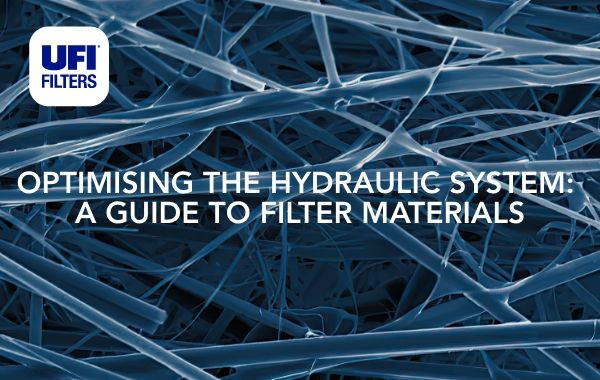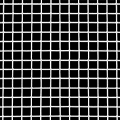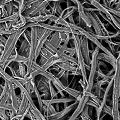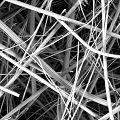
Contamination is a constant challenge for any hydraulic system.
It is estimated that over 80% of system failures are caused by contaminated fluid. The use of a high-quality filtration system is, therefore, essential.
Filters play a vital role in the system, removing contaminants from the fluid and ensuring the smooth operation of the machine.
The filter element is the beating heart of the filtration system, much like the CPU of a computer. Just as the CPU determines the speed and efficiency of the computer, the design and quality of the filter element determines the performance and reliability of the entire filtration system.
At the heart of this system are the filter materials, essential components that determine the level of fluid cleanliness and protect the hydraulic components.
Filter materials: barrier vs. depth media
Barrier media, also known as surface media, are the first line of defence against larger contaminants.
Their porous structure, with calibrated dimensions, traps contaminants on the surface of the filter, preventing them from passing through the hydraulic system.
This type of medium is ideal for coarse filtration, removing particles larger than 10 microns.
In contrast, depth media provide finer and more accurate filtration.
Their intricate structure, characterized by winding channels and pores of different sizes, traps contaminant particles within the medium itself. This multi-layered filtration mechanism enables the removal of contaminants smaller than 10 microns.
The choice between a barrier medium and a depth medium depends on several factors, including the expected level of contamination in the hydraulic fluid, the sensitivity of system components to contaminant particles, and the required filtration accuracy.
In general, barrier media are suitable for applications requiring basic protection against coarse contaminants, while depth media are essential for high-precision hydraulic systems subject to fine contamination.
Why is the media so important?
As we have already seen, the filter element plays a crucial role in capturing and retaining contaminant particles before they can damage the system.
To fulfil this vital function, hydraulic filter elements use different types of filter materials, each with different filtration capacities, to meet different filtration requirements and better protect the hydraulic circuit:
 Wire mesh is a physical barrier filter medium consisting of a geometric meshes with calibrated size. The mesh size determines the filtration capacity: only particles smaller than the mesh diameter can pass through the mesh. Wire meshes are classified according to the mesh size, expressed in microns (μm). In hydraulics, they are mainly used for suction applications or as alternative filtration in the event of the opening of a bypass. Wire mesh media are available in ratings of 10 to 2000 microns.
Wire mesh is a physical barrier filter medium consisting of a geometric meshes with calibrated size. The mesh size determines the filtration capacity: only particles smaller than the mesh diameter can pass through the mesh. Wire meshes are classified according to the mesh size, expressed in microns (μm). In hydraulics, they are mainly used for suction applications or as alternative filtration in the event of the opening of a bypass. Wire mesh media are available in ratings of 10 to 2000 microns.

Cellulose (resin-impregnated paper) is a medium with an irregular structure that makes it an effective depth filter medium. Unlike wire mesh, cellulose traps particles not only on the surface but throughout its layers. Cellulose filters are classified according to their average pore size, which indicates the typical size of the particles they can trap.

Microfibre (resin-impregnated glass fibre) is a depth filter medium, made from an inorganic material, with a more sophisticated structure than cellulose. It has multiple layers of progressively finer pores that together form a gradient density filter, allowing the filter to retain particles of different sizes. This structure offers superior protection.
UFI Filters Hydraulics has established a reputation for the design and manufacture of advanced filters and filter media for hydraulic systems. Thanks to many years of experience in the field, our products are used in a wide range of applications, from industrial machinery to agricultural equipment, from construction vehicles to wind turbines.
Our ongoing commitment to excellence in filtration has resulted in FormulaUFI, a complete range of barrier and depth filter media, developed in our Innovation Centers to meet the needs of each specific application.
FormulaUFI media is characterized by reliable and consistent performance over time and a high capacity to retain contaminants, guaranteeing optimum levels of fluid cleanliness.
Find out more from our brochure of the full FormulaUFI range, or contact our team of experts to select the most suitable filtration solution for your system.